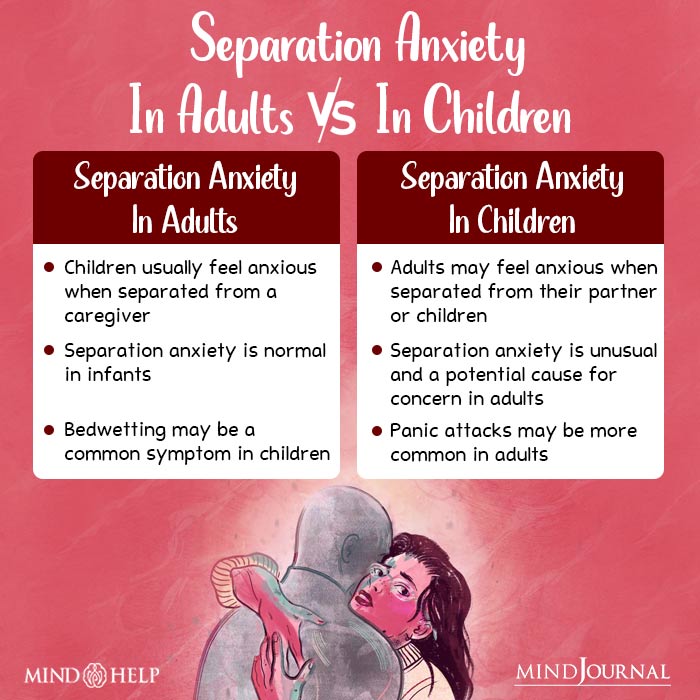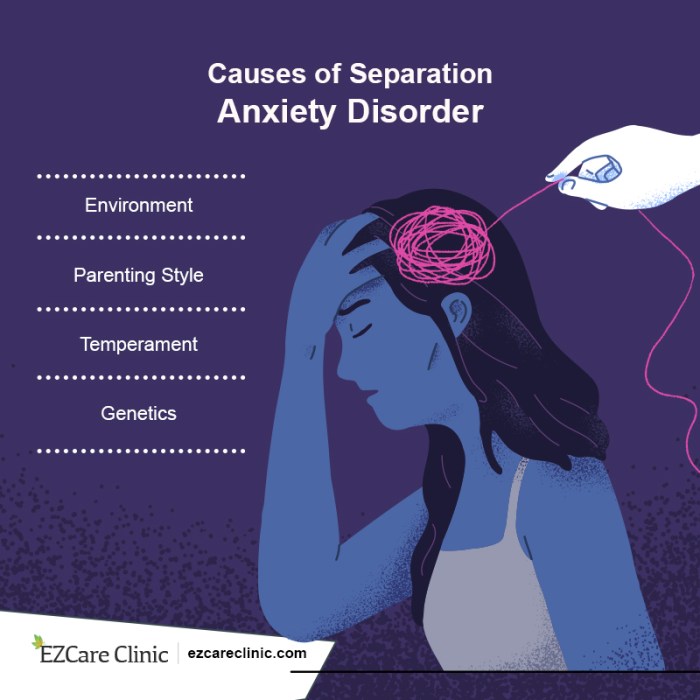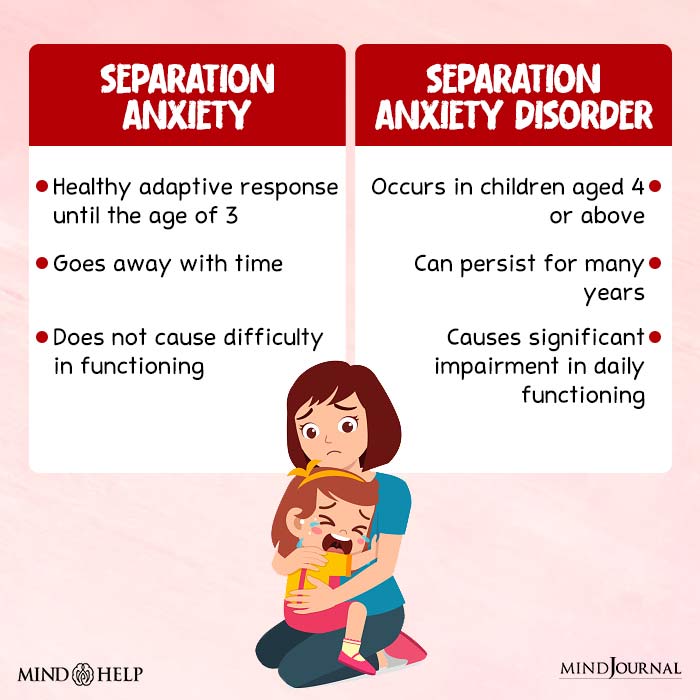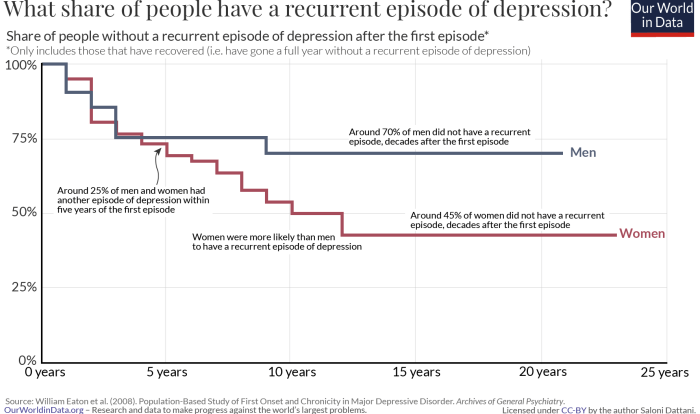Separation anxiety in adults quiz: Dive into a comprehensive exploration of separation anxiety in adults, its symptoms, causes, and effective management strategies. This quiz will provide insights into the complexities of this condition and empower you with knowledge to navigate its challenges.
Separation anxiety is a common and treatable condition that can significantly impact an individual’s life. Understanding the symptoms, triggers, and treatment options is crucial for managing this anxiety and promoting well-being.
Overview of Separation Anxiety in Adults: Separation Anxiety In Adults Quiz

Separation anxiety is a mental health condition characterized by excessive anxiety and distress when separated from a specific person or place. In adults, this condition can significantly impact daily life and relationships.
Symptoms of separation anxiety in adults may include:
- Excessive worry or anxiety when separated from a loved one
- Physical symptoms such as headaches, stomachaches, or difficulty sleeping
- Difficulty concentrating or making decisions
- Avoidance of situations that involve separation
- Intense fear of abandonment or rejection
Common triggers for separation anxiety in adults include:
- Being away from a spouse or partner
- Leaving a familiar environment
- Experiencing a traumatic event, such as a loss or separation
- Having a history of childhood separation anxiety
Separation anxiety can have a significant impact on relationships and daily life. Individuals with this condition may experience difficulty maintaining relationships, holding down a job, or participating in social activities. They may also experience increased anxiety and distress when facing situations that involve separation.
Diagnostic Criteria and Assessment
The diagnostic criteria for separation anxiety disorder in adults, according to the Diagnostic and Statistical Manual of Mental Disorders, Fifth Edition (DSM-5), include:
- Excessive anxiety or worry about separation from a specific person or place
- Duration of symptoms for at least four weeks
- Significant distress or impairment in social, occupational, or other important areas of functioning
- Symptoms not better explained by another mental disorder
Assessment of separation anxiety typically involves a clinical interview and psychological evaluation. The clinician will ask about the individual’s symptoms, triggers, and history. They may also use standardized questionnaires or rating scales to assess the severity of symptoms.
Differential diagnosis is important to rule out other conditions that may have similar symptoms, such as:
- Generalized anxiety disorder
- Social phobia
- Panic disorder
- Post-traumatic stress disorder
Treatment Approaches, Separation anxiety in adults quiz
Treatment for separation anxiety in adults typically involves a combination of evidence-based therapies and, in some cases, medication.
Cognitive-behavioral therapy (CBT) is a type of psychotherapy that has been shown to be effective in treating separation anxiety. CBT helps individuals identify and change negative thought patterns and behaviors that contribute to their anxiety.
Medication may also be helpful in managing symptoms of separation anxiety. Selective serotonin reuptake inhibitors (SSRIs) and serotonin-norepinephrine reuptake inhibitors (SNRIs) are commonly used to treat anxiety disorders, including separation anxiety.
Self-Management Strategies
In addition to professional treatment, there are several self-management strategies that individuals with separation anxiety can use to manage their symptoms.
Relaxation exercises, such as deep breathing and meditation, can help reduce anxiety and promote relaxation.
Mindfulness practices, such as paying attention to the present moment without judgment, can help individuals become more aware of their thoughts and feelings and respond to them in a more adaptive way.
Cognitive restructuring involves challenging negative thoughts and replacing them with more positive and realistic ones.
Individuals can also develop strategies for coping with triggers and building resilience, such as gradual exposure to separation and practicing coping mechanisms in safe and controlled environments.
Support and Resources
There are several support groups and online resources available for individuals with separation anxiety.
Joining a support group can provide individuals with a sense of community and connection with others who understand their experiences.
Online resources, such as websites and forums, can provide information, support, and coping strategies.
Professional organizations and treatment centers specializing in separation anxiety can provide access to qualified mental health professionals and evidence-based treatment options.
Question & Answer Hub
What are the common symptoms of separation anxiety in adults?
Excessive worry about being separated from loved ones, physical symptoms such as shortness of breath or nausea, difficulty sleeping, avoidance of situations that trigger anxiety, and difficulty concentrating.
What are some common triggers of separation anxiety in adults?
Being away from home or loved ones for extended periods, starting a new job or school, relationship changes, or significant life events.
How is separation anxiety in adults diagnosed?
Through a comprehensive evaluation by a mental health professional, including a review of symptoms, medical history, and ruling out other potential causes.


